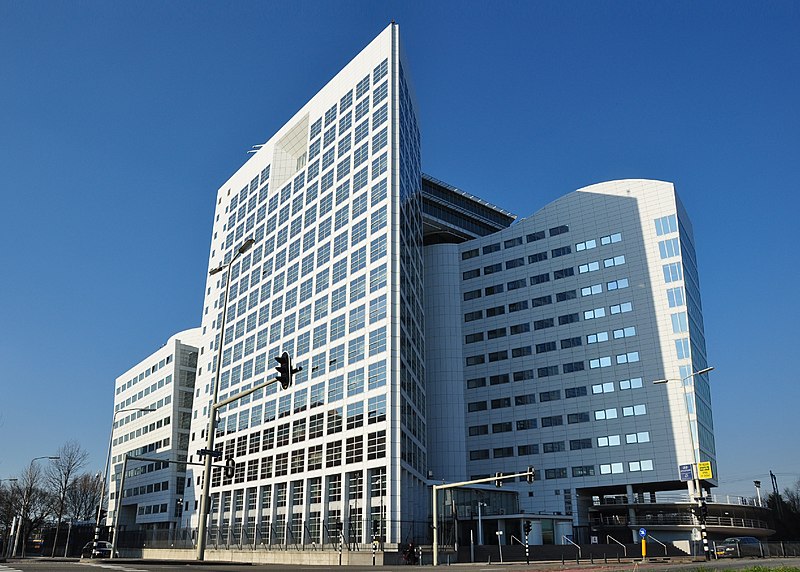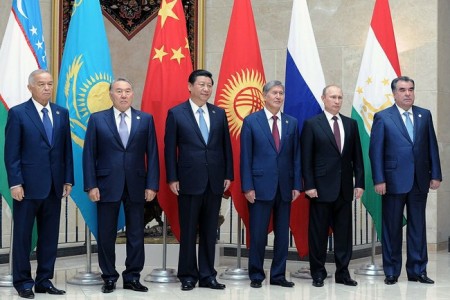
Martin Zapfe, what themes and subjects will be covered in this ‘series’ of publications and events?
We will cover a variety of issues on security in Asia – some that are at the center of public attention – like the re-militarization of Japan under Prime Minister Shinzo Abe – and some that often evade public scrutiny, like China’s maritime strategy in the Indian Ocean. Michael Haas and Prem Mahadevan will look at those two themes in-depth in two “CSS Analyses”. In addition, the Center for Security Studies’ (CSS) “Global Security Team” will look at war risks in Asia and determine whether often-applied analogies to “1914”are applicable to present-day Asia. If that really is the case, what does it tell us about possible policy responses? An additional CSS Policy Perspectives to be published later this month will explore this question in greater depth. Finally, we will host a CSS Evening Talk in early July, when the International Institute for Strategic Studies’ (IISS) Christian LeMière will discuss how Switzerland could be affected from security risks emanating from Asia.




